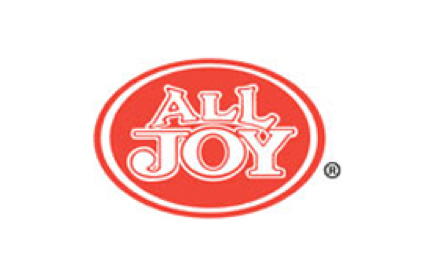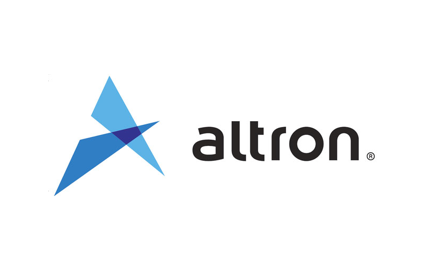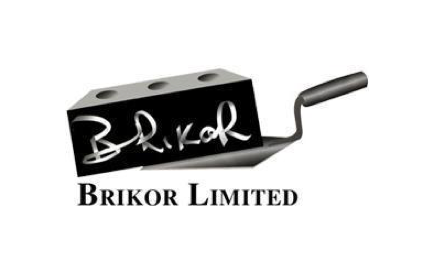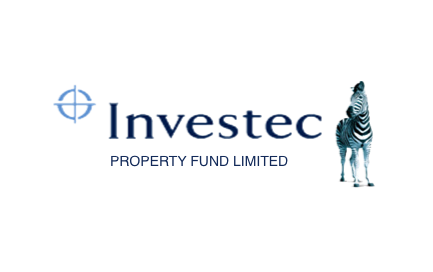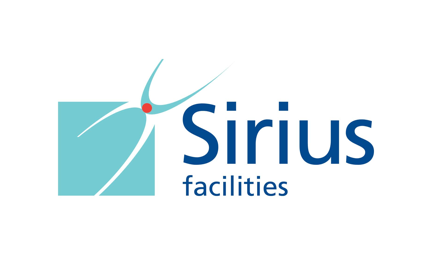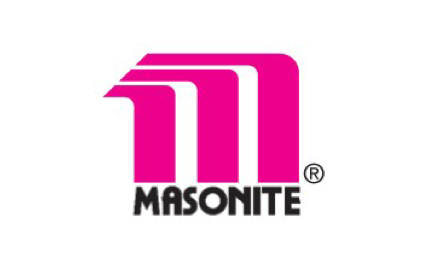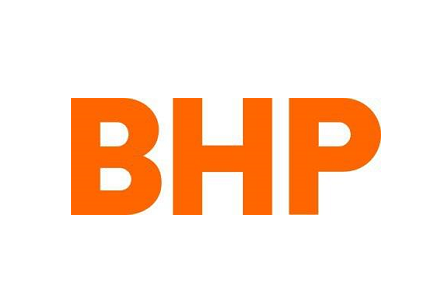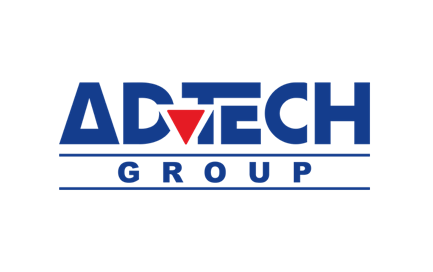AH-Vest gives details around the HEPS drop (JSE: AHL)
There is more liquidity in the sauce than in the stock
There is practically no trade in AH-Vest, so I’ll keep this brief. The maker of AllJoy sauces is suffering under load shedding, with revenue up 2.2% in the six months to December 2022 and HEPS down by 68.5%.
Gross margin wasn’t too bad, down from 37.7% to 36.6%. A 15.8% jump in operating expenses caused the drama, with shipping and distribution costs as major drivers. Higher interest rates drove a 28.8% increase in finance costs.
Working capital also came under pressure, with receivables up by 42.9% and trade payables only up by 26.3%. The company makes it sound like much of this is seasonal.
Importantly, there are major projects underway to alleviate the dependency on Eskom.
Altron: read those adjustments very carefully (JSE: AEL)
A 4.9% drop in the share price tells you what the market thought
If an announcement confuses you, one of the best signs of the real story is the market’s response to the update. You always need to check the performance of the index as well, as what you’re looking for is the movement in the company share price vs. the broader market. On a day when the JSE All Share closed only 0.2% lower, a 4.9% drop at Altron sends a message.
Within the first three lines of the “Group Overview” section of this trading statement, Altron already refers to “normalising” the “once-off adjustments” – oh dear.
There’s more corporate speak just a few lines down, with Netstar and Altron Systems Integration (ASI) implementing their “accelerated performance improvement strategies” – the company hopes that this will make shareholders feel better about EBITDA margin compression at group level.
The once-off adjustments are a joke, bluntly.
The first one is a provision of R134 million raised against an amount owed by the City of Tshwane, which is currently in an arbitration process. It’s nonsense to raise a doubtful debts provision and then imply that the entire thing is an unfortunate adjustment – if you do business with the public sector, this is part of life.
The second adjustment is even better, with R31 million in impairments of inventory pertaining to a project that ended up being smaller than in the original tender. In other words, Altron overstocked the contract and wants everyone to casually ignore that. This goes straight to cost of sales, dear Altron.
The final adjustment relates to R104 million worth of impairments on Altron Document Solutions, the sale of which fell through in this period.
It’s therefore little wonder that the market focused on actual earnings, with HEPS expected to drop by between 14% and 32%. In case you’re wondering, those adjustments imply adjusted HEPS growth of between 8% and 28%.
Looking deeper, Altron Security achieved double-digit growth in EBITDA. If you include the acquisition of LawTrust, revenue and EBITDA in that business has more than doubled. Altron Karabina grew revenue and EBITDA by double digits as well. ASI grew revenue by double digits but put in a “disappointing” EBITDA performance for the year, which in my books means EBITDA decreased year-on-year. The announcement doesn’t confirm or deny this.
In Netstar, revenue grew by double digits and EBITDA was flat, leading to the appointment of a new managing director in the business. The other businesses in the Own Platforms segment include FinTech (double-digit growth in revenue and EBITDA) and HealthTech (single-digit growth in both).
In Managed Services, revenue was up by double digits and EBITDA was “negatively impacted” by provisions – specifically the City of Tshwane issue and the tender for which there was too much inventory. I refuse to even entertain that attempt to hide real business risks as once-offs.
Finally, Altron Arrow achieved double-digit revenue growth and more than doubled EBITDA.
Overall, it sounds to me like Altron is doing well in most areas except for public sector work in Managed Services. Perhaps the market will be more forgiving in days to come, but the initial reaction was anything but positive.
The potential offer for Brikor at 17 cents per share is imminent (JSE: BIK)
Many have been caught out, with a 15% drop in the price to get to 17 cents on Monday
Nikkel Trading has now built up a stake of 34.2% in Brikor based on purchases from major shareholders at 17 cents per share. These purchases were pre-agreed with those shareholders and there is an agreement in place to take the total stake to 67.7%.
This is clearly a change of control, which necessitates a filing to the Competition Commission. This filing is expected to be made in the next few days. Importantly, a move through 35% also triggers a mandatory offer, so it’s likely that Nikkel Trading will end up with more than 67.7% in the company.
It will be interesting to see how many shareholders take advantage of this liquidity event.
Investec Property Fund releases the ManCo internalisation circular (JSE: IPF)
BDO reckons that the terms are fair to shareholders
In case you missed my previous rants about the property find and ManCo internalisations, here’s a brief synopsis:
- A property fund has a management team, like other companies
- Unlike other companies, the management team earns a fee based on assets under management, so the fund can never achieve economies of scale as the fees grow along with the assets
- Unlike other companies, that management team eventually gets bought out at a fat multiple to the annual management fee, thereby “internalising” a management team that should never have been externalised to start with
- In summary, shareholders get fleeced and the management team ends up fabulously wealthy
There have been many such examples on the JSE. The latest one is Investec Property Fund, with the circular using all the tricks in the book to make shareholders think this is a great idea.
For example, the circular quotes a R74 million saving in net management fees per annum after costs. It also highlights that the loan-to-value ratio will be largely unchanged, thanks to sales of properties to pay a big chunk of the proposed amount.
Don’t worry, dear shareholders – we plan to sell off properties to help pay the management team, rather than raise new debt for it.
The price is R850 million with an earn-out of R125 million based on this hotshot management team needing to grow assets under management at a rate that exceeds 2% per annum. R390 million is funded by property sales, with R260 million payable in cash up-front and R200 million then payable over two years. That covers off the R850 million fee.
The circular doesn’t point out that the effective earnings multiple on this deal is 11.5x. What would your response be if a non-property company approached you as a shareholder and asked if 11.5 years worth of management costs can be paid up-front?
BDO Corporate Finance was appointed as independent expert and they seem to think that the deal is fair to Investec Property Fund shareholders. Of course, they are basing this off a valuation of a management contract that is already in place, which is different to opining on whether the concept of a property ManCo internalisation is fair. In case you’re wondering, they’ve been paid R450k to act as independent expert here. BofA Securities is acting as Financial Advisor, pocketing a delicious R20.3 million in fees.
Holders of 54.1% of the voting shares (i.e. excluding those held by Investec) have already confirmed an intention to vote in favour of the transaction. The pigs are at the trough because institutional shareholders allow it.
Sirius believes it has met market expectations (JSE: SRE)
The share price is down over 21% in the past 12 months – I did warn you about the valuation!
I have a very simple rule when it comes to property funds: don’t buy them at a premium to net asset value (NAV) per share. It rarely works out well. Sirius was a particularly strong example during the pandemic, trading at a silly premium to NAV that never made sense to me. Here’s the pain that followed:

I deliberately included a long-term chart here because Sirius deserves credit for the clear growth trend. I also wanted to demonstrate just how daft the pandemic move was.
In a trading update for the year ended 31 March 2023, Sirius has noted a 7.7% increase in the like-for-like rent roll. This is solid, as it shows that Sirius can keep its revenue growing in line with inflation. Cash collection has been strong and occupancy rates look good.
Keep a close eye on the balance sheet, as the group is still enjoying a weighted average cost of debt of 1.9%. That won’t be the case anymore when debt is refinanced, although 90% of debt has a maturity in excess of three years. The good times will continue for a while longer.
Approximately €45 million in capital was recycled, with disposals and acquisitions of similar total value. The investment focus was in Germany whereas the disposal focus was on properties that have little potential upside.
In the interests of a balanced view, Sirius did managed to sell six properties at a 25% combined premium to book value. I would just be careful of extrapolating these disposals to the entire portfolio to justify a group premium. Remember, they will only sell properties where it makes sense to do so. The market never finds out about any offers that weren’t accepted.
Results will be announced on 5th June.
Little Bites:
- Director dealings:
- Des de Beer has bought more shares in Lighthouse Properties (JSE: LTE) worth almost R1.2m.
- A director of MAS (JSE: MAS) has bought shares in the property fund worth R780k.
- Australian courts have sanctioned BHP’s (JSE: BHG) scheme to acquire 100% of the shares in OZ Minerals. The effective date is 2 May 2023.
- After 12 years on the board of ADvTECH (JS: ADH), Chris Boulle is retiring as chairman. He’s going to hang around until the 2024 AGM and will then move on. I was at the rather entertaining AGM around the time that Curro was trying to acquire ADvTECH and I remember seeing Boulle in action, dealing with angry people from PSG on one side and far more frightening (and angry) mothers from the schools on the other.
- The revolving door at Luxe Holdings (JSE: LUX) continues, with the company secretary now resigning.




